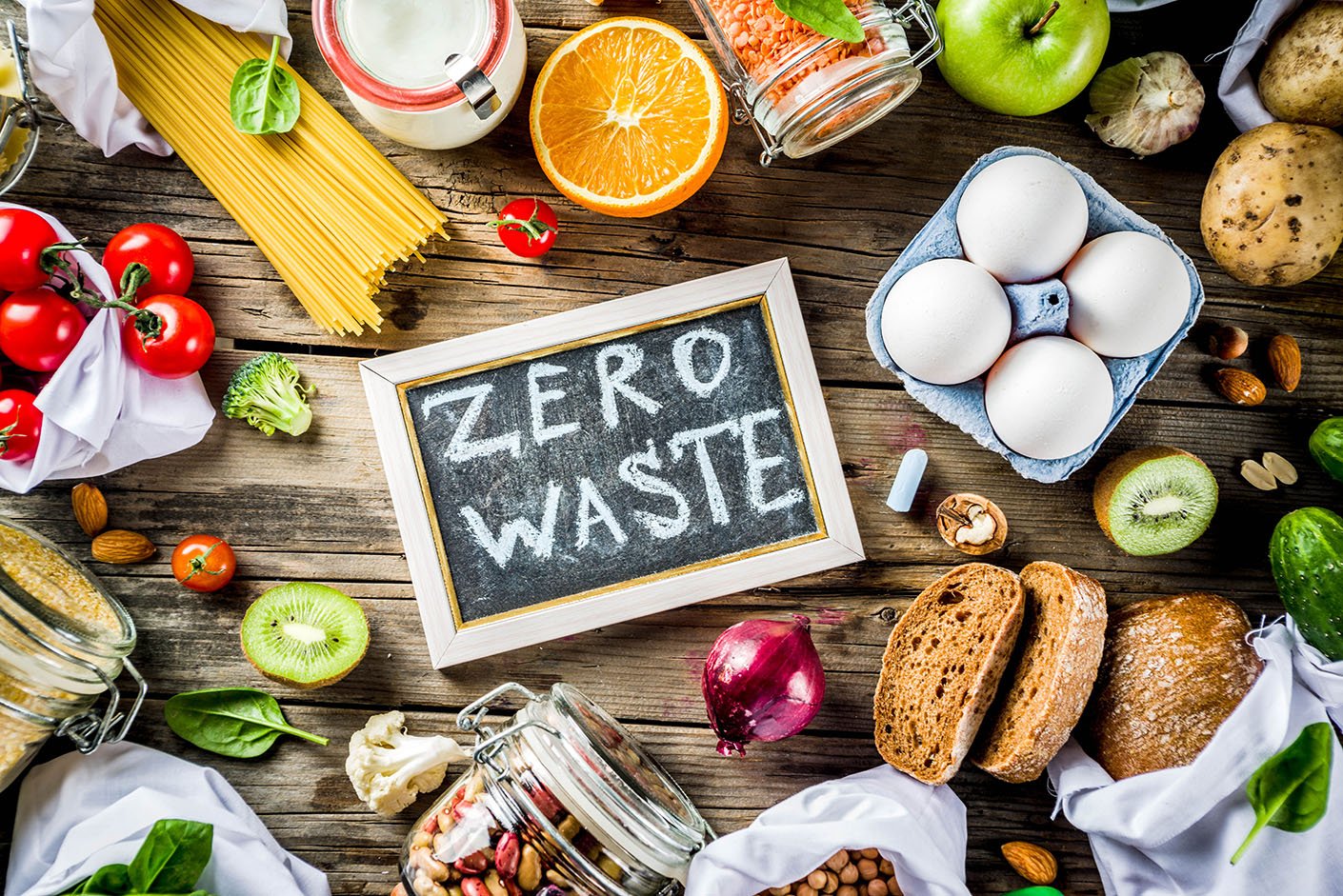Food wastage is a serious issue that needs immediate attention and action. Food waste refers to any part of food that is inedible in nature and thereby removed from the food supply to be disposed of or recovered. The disposed of food includes all the seeds lost in the incineration, co-generation, bio-energy production, anaerobic digestion, crops plowed, sea, landfill, sewer, and composted. Proper management of food waste is important to lower the methane emission from landfills & dumps, prevent pollution of rivers, sustain human health, and prevent the loss of natural resources.
The surging population along with the growing disposable income of people is generating more waste than anticipated. This huge amount of garbage is dumped in landfills thereby piling unwanted bacteria inviting and expediting the spreading of infection. However, the presence of a large number of unwanted dumps in the urban landscape is one of the major factors driving the growth of the global food waste management market. The surging trend of Copia and Bluwrap is also likely to support the growth. There is a significant spike in demand for organic waste due to its surging utilization in producing fertilizers and animal feed along with lowering the greenhouse effect. Different types of disposal methods in the food waste management market are agricultural food waste, commercial liquid food waste, anaerobic digestion, composting animal feed landfill & greenhouse gases, and Cockroach feeding.
The global food waste management market can be segmented into process, application, source, waste, and region.
By application, the market can be segmented into power generation, biofuels, fertilizer, animal feed, and others.
By source, the market can be segmented into municipality & households, food service providers, food distributors & suppliers, food manufacturers, primary food producers, and others. By process, the market can be segmented into combustion, anaerobic, aerobic, and others.
By waste, the market can be segmented into processed food, fish & seafood, meat, fruit & vegetable, dairy products, cereals, and others.
Europe accounts for the largest in the global food waste management market due to overproduction, improper food management, excessive shopping, and negligence for food wasted in the region. Asia Pacific is expected to witness significant growth in the forthcoming year due to the growing initiatives from the government along with increasing funding in cold chain logistics.
Some of the significant players in the global food waste management market are Stericycle, Inc., Covanta Ltd., Republic Services, Inc., Waste Management, Inc., Remondis SE & Co. KG, Suez, Veolia, Republic Services, Inc., Advanced Disposal Services, Inc., Clean Harbors, Inc., and FCC Environment. To cite, Waste Management Inc. acquired Advanced Disposal in October 2020. The acquisition was aimed to boost the growth of effective waste management method footprint and execute sustainable waste management.
